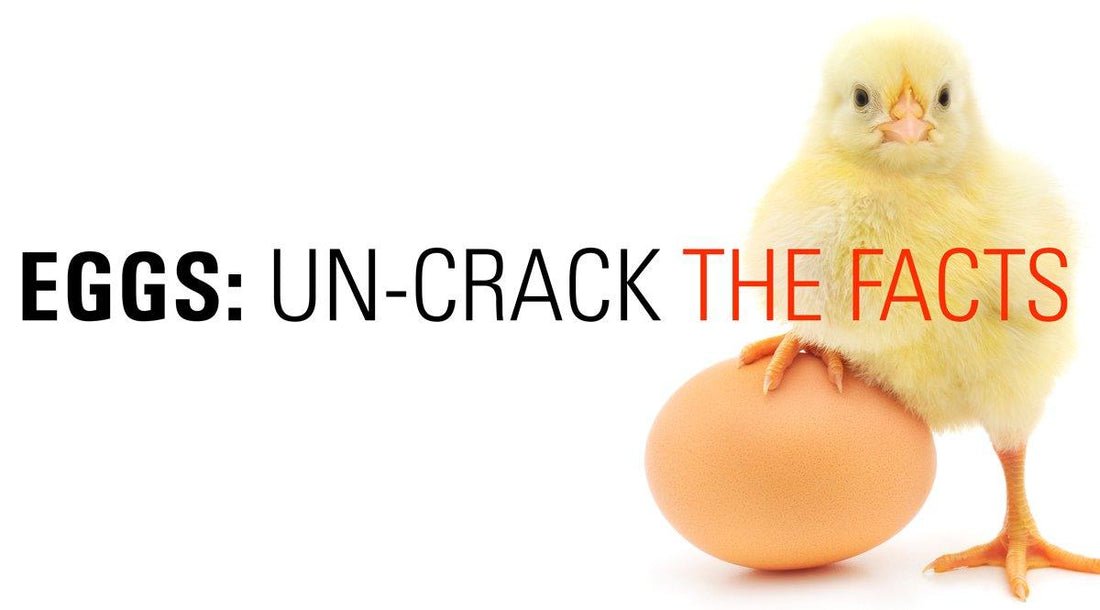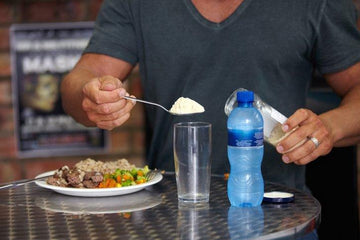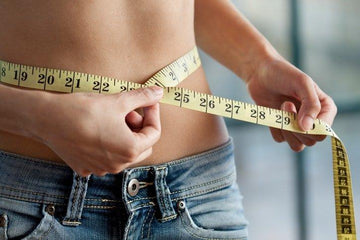

The Egg. Athlete's perfectly packaged protein.
Table of Contents
| The Egg. Athlete’s perfectly packaged protein. Once upon a time, the egg yolk was the colossal gremlin of the nutritional world. |
By IFBB Joesph Palumbo
BUSTED!
THE WHOLE EGG
Here’s what you need to know… Recent research has shed further light on the health benefits of whole eggs and has cast plenty of doubt against argument about the yolk. So what changed? To start with, we know more about saturated fat than we once did. There are various types of saturated fats. In fact, not all have the same impact on cardiovascular disease. Some forms, such as stearic acid, do not negatively impact cholesterol levels and are largely converted to monounsaturated fat in the liver. Stearic acid makes up a significant portion of an egg yolks total saturated fat content.
FYI One large egg contains less than 10 percent of the recommended daily amount of saturated fat.
 For almost a century, there has been a debate about the cholesterol found in egg yolks and whether they are okay to eat. The truth is eggs raise the “good” cholesterol and are NOT associated with an increased risk of heart disease. Cholesterol is often seen as a negative word, but the truth is that cholesterol is a very important part of the body. It is a structural molecule that is an essential part of every single cell membrane. It is also used to make steroid hormones like testosterone, estrogen and cortisol.
For almost a century, there has been a debate about the cholesterol found in egg yolks and whether they are okay to eat. The truth is eggs raise the “good” cholesterol and are NOT associated with an increased risk of heart disease. Cholesterol is often seen as a negative word, but the truth is that cholesterol is a very important part of the body. It is a structural molecule that is an essential part of every single cell membrane. It is also used to make steroid hormones like testosterone, estrogen and cortisol.
Basically the unhealthy “whole egg” myth is totally busted! There’s not much scientific support for the limitations on eggs.
Eggs are in inexpensive source of high quality clean and easy protein. It has a valuable role in providing a healthy diet for all and especially bodybuilders. Mostly because Eggs are mother natures protein shakes. They are natural, healthy, cheap and readily available. Eggs are quite possibly the world’s perfect protein source. The protein in eggs has the highest biological value of any food, including beef. The egg is a complete high quality protein with few calories. One whole egg has ~5.5 grams of protein in only ~68 calories. Eggs contain choline, which is important, especially since our bodies cannot produce enough of it. Without enough choline, you can also become deficient in another essential nutrient, folic acid.
A single large boiled egg contains
- Vitamin A: 6% of the RDA.
- Folate: 5% of the RDA.
- Vitamin B5: 7% of the RDA.
- Vitamin B12: 9% of the RDA.
- Vitamin B2:15% of the RDA.
- Phosphorus: 9% of the RDA.
- Selenium: 22% of the RDA.
- Eggs also contain decent amounts of Vitamin D, Vitamin E, Vitamin K, Vitamin B6, Calcium, Choline and Zinc.
 WHITES
WHITES
Egg whites are a low-calorie, fat-free food. They contain the bulk of the egg’s protein. The egg white contains about 4 grams of protein, 55 mg of sodium. Egg whites are a low-calorie food, with just 17 calories — opposed to 71 per whole egg. A single egg white also offers 1.3 micrograms of folate, 6.6 mcg of selenium, 2.3 mg of calcium, 3.6 mg of magnesium, and 4.9 mg of phosphorus and 53.8 mg of potassium.. They contain no saturated fat or cholesterol, making them a popular choice for those watching their cholesterol levels or suffering from diabetes or heart disease. Egg whites do not contain carbohydrates or sugar.
A USDA-certified organic label means the eggs came from hens that were not enclosed in battery cages, and that must be offered access to the outdoors. Organic eggs come from hens that were fed certified-organic feed, free of things like arsenic and antibiotics, pesticides, animal byproducts, and genetically modified organisms (GMOs). Forced molting and debeaking are permitted in certified-organic production.
Can you trust it? Yes. Egg producers are subject to annual audits of their operations and must pay a fee to be certified.
Bottom Line: Eggs do not cause heart disease and are among the most nutritious foods on the planet. Tip… Eggs for breakfast can help you lose weight.

















